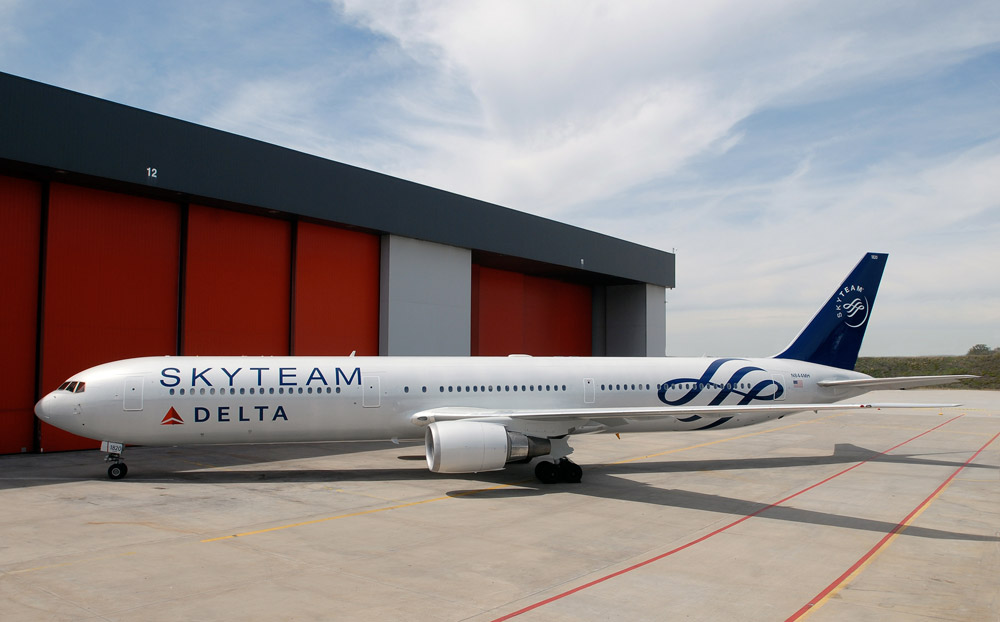Some links to products and partners on this website will earn an affiliate commission.
Airline alliance SkyTeam has joined industry body IATA to call for mandatory rapid COVID testing before every flight. It’s an interesting idea, but how would it work out in practice?
SkyTeam: Mandatory COVID testing
SkyTeam, together with IATA, are calling for a better testing policy to be developed in collaboration with local and international authorities. SkyTeam emphasises the use of rapid testing as a smart solution. The aim would be for passengers to test negatively just before the flight to be allowed to board the aircraft.
“SkyTeam and its 19 members are advocating for the enhancement and implementation of testing protocols, both pre-departure and at destination where necessary, to enable the safe reopening of borders and offer an effective alternative to quarantines.”
Global standard
“Flying is the engine of the global economy. With international passenger numbers down 92 percent versus last year, there is an urgent need to promote business recovery by restoring customer confidence in air travel through a globally standardized testing solution,”
Walter Cho, Chairman of the SkyTeam Alliance Board
“Passenger testing would benefit not only our members but all airlines and the wider travel industry, by providing much-needed clarity to restore consumer confidence. It adds to the rigorous cleanliness measures that SkyTeam members have already implemented under our SkyCare&Protect pledge to ensure flying is as safe as possible.”
Kristin Colvile, SkyTeam’s CEO

How would it work in practice?
In practice this means that SkyTeam passengers would need to undergo a rapid COVID test just before departure. In the event of a negative test result, the passenger can travel. It is possible that the passenger would need to be tested again upon arrival. If that test was also negative, then the passenger could enter the destination country.
When returning home, the same process would apply.
The big question though, is who would cover the costs of testing? SkyTeam did not share any thoughts on that yet. There is also a potential issue about test capacity.
Similarly, in the event of a positive test result, it’s not clear who would pay for any potential quarantine costs.
Bottom line
If SkyTeam and IATA really want to move the debate forward, they are going to have to come up with much more detailed plans. Cost, capacity, accuracy, and quarantine facilities are all big hurdles that would have to be cleared. For expensive long-haul flights, maybe the numbers could stack up, but it’s difficult to see how it would ever work for low-cost short-haul flying.




My friend flew back from asia thru the middle east.No test no checking in simple.everyone had to do it .he was negative anyway like all of them.fair costs to the test and most people would be ok with that